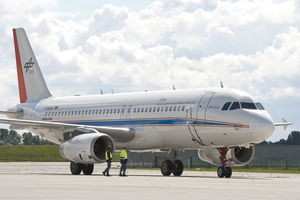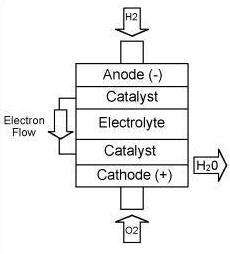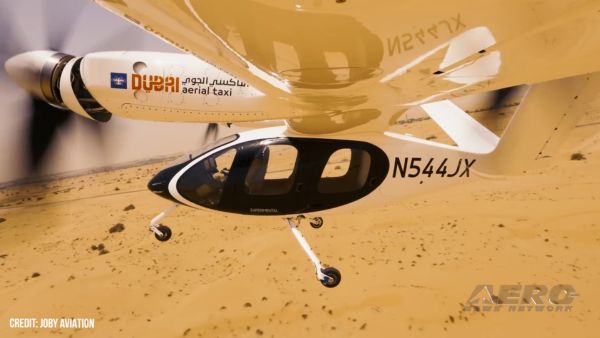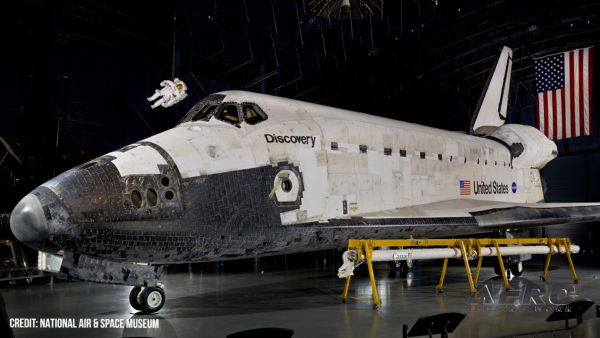Sun, Jul 10, 2011
Results Increase General Industry Understanding Of The
Technology And Its Potential
Fuel cell technology is emerging as a potential solution for
emissions-free ground operations for commercial aircraft, which has
prompted Airbus to partner with the German Aerospace Center
(DLR) in examining the potential of this technology. As part of
that evaluation process, fuel cells were integrated into existing
aircraft and successfully performed the first flight test on a
civil transport aircraft in 2008. In that test, the fuel cell
system provided power for the aircraft’s back-up systems.

DLR Airbus Test Aircraft
In order to gain more details on the potential of fuel cell
technology as supply for electric power in aircraft ground
operation, a DLR designed technology demonstrator has been
installed in the DLR owned A320 fuel cell test aircraft at the
Airbus site in Hamburg. The technology demonstrator consists of a
fuel cell powering an electric motor which drives the nose landing
gear wheels allowing the aircraft to taxi autonomously. The
objective of these tests is to further validate the potential of
the integrated fuel cell technology for powering future aircraft
functionalities such as autonomous taxiing. The data collected in
the tests will be analysed by Airbus and the DLR to further develop
the overall integration of this technology and potential further
optimisation possibilities.
Within the joint R&T activities, Airbus is in charge of the
overall aircraft system architecture and technology integration
into the aircraft, whereas the DLR is driving some of the basic
research activities for aerospace fuel cell technology. The landing
gear itself with the integrated DLR-designed fuel cell powered
motor is provided by Lufthansa Technik in Hamburg.

Basic Fuel Cell Schematic
Airbus considers fuel cell technology as a key contributor
to the ACARE 2020 goals, which foresee the reduction of CO2
emissions by 50%, NOx emissions by 80% and noise by 50%.
Consequently Airbus is pursuing engagement of industrial research
partners in that field. In addition Airbus is strongly engaging in
implementing and testing bio-fuel technology and actively supports
the installation of local bio-fuel value-chains around the world.
With regard to wider initiatives such as Air Traffic Management
(ATM), Airbus co-operates with all the protagonists to deliver the
best solutions for airlines and the environment. Airbus has a
leading role in the SESAR program to improve the efficiency of
European ATM and works with teams involved in the NEXT GEN project
designed to do the same for US ATM.
More News
Also: Outlaw Prop 4 Mooney, Ready 4 Duty, Ukrainian F-16 Pilot Lost, Blue Origin Flt On his journey to become the first pilot to land solo on all seven continents, 19-year-old Etha>[...]
Also: DarkAero Update, Electric Aircraft Symposium, Updated Instructor Guide, OSH Homebuilts Celebrate The long-awaited Sonex High Wing prototype has flown... the Sonex gang tells >[...]
Discrete Code As used in the Air Traffic Control Radar Beacon System (ATCRBS), any one of the 4096 selectable Mode 3/A aircraft transponder codes except those ending in zero zero; >[...]
From 2023 (YouTube Edition): Deviation from the Historical Mean Racine, Wisconsin-based DeltaHawk is a privately-held manufacturer of reciprocating engines for aircraft and hybrid >[...]
Aero Linx: Formation and Safety Team (F.A.S.T.), USA The Formation and Safety Team (FAST) is a worldwide, educational organization dedicated to teaching safe formation flying in Wa>[...]
 Airborne 07.02.25: TikToker Arrested, Vietnam A/L Ground Hit, ATC Modernization
Airborne 07.02.25: TikToker Arrested, Vietnam A/L Ground Hit, ATC Modernization Airborne Affordable Flyers 07.03.25: Sonex HW, BlackShape Gabriel, PRA Fly-In 25
Airborne Affordable Flyers 07.03.25: Sonex HW, BlackShape Gabriel, PRA Fly-In 25 ANN's Daily Aero-Term (07.07.25): Discrete Code
ANN's Daily Aero-Term (07.07.25): Discrete Code Classic Aero-TV: DeltaHawk Aero Engine Defies Convention
Classic Aero-TV: DeltaHawk Aero Engine Defies Convention ANN's Daily Aero-Linx (07.07.25)
ANN's Daily Aero-Linx (07.07.25)




